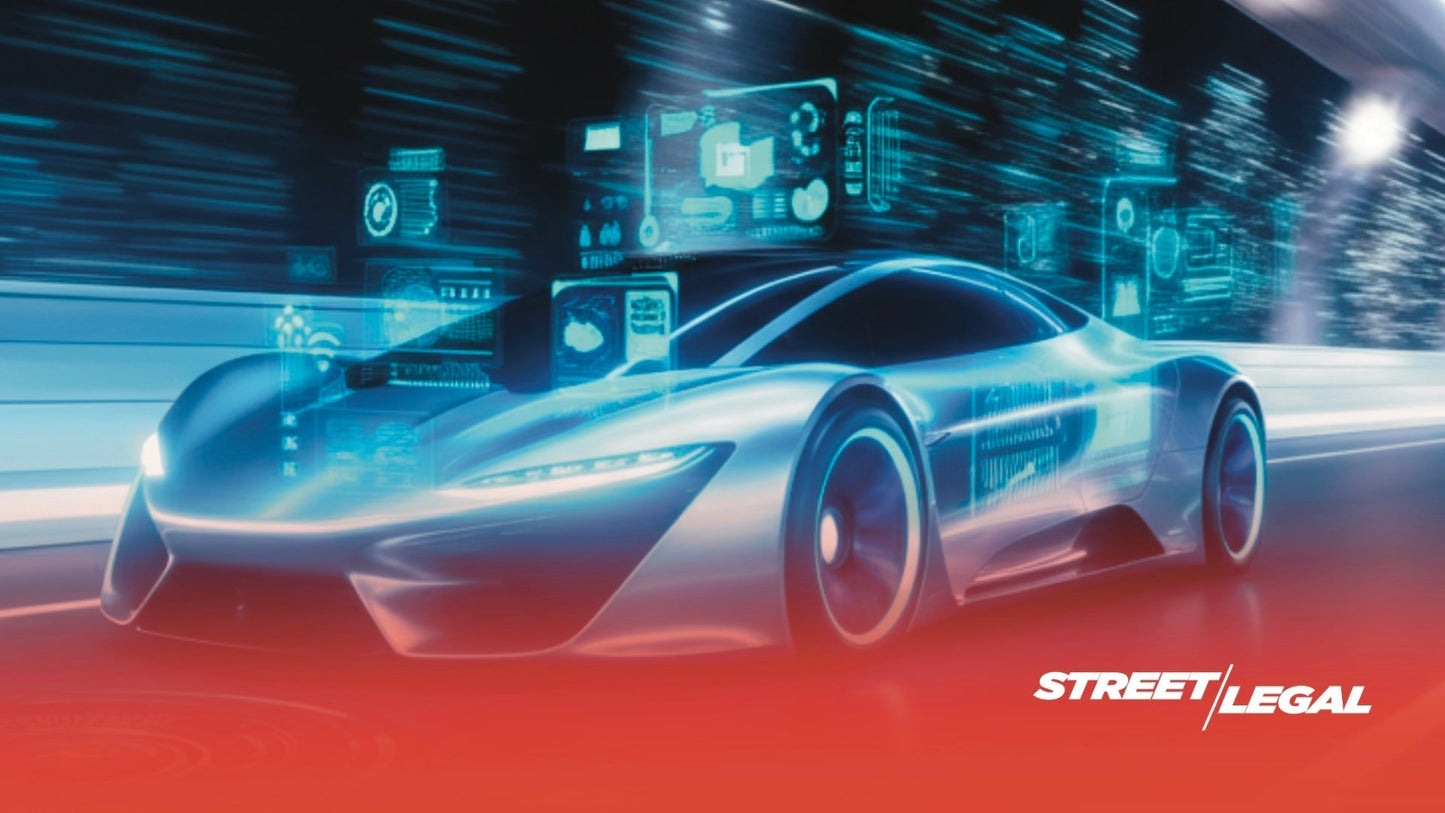
The future of the wrench is here, and it's powered by code. Welcome to a new era of automotive performance.
Beyond the Human Tuner: How AI Is Learning to Listen 👂
Traditional tuning is an art form. A skilled tuner uses their experience and intuition, along with data from sensors and dyno runs, to create a perfect engine map. It’s a painstaking process of trial and error, requiring a deep understanding of thermodynamics, airflow, and a particular engine's quirks.
AI, however, doesn't need intuition. It thrives on data. Modern systems can analyze thousands of data points per second—from fuel pressure and ignition timing to ambient air temperature and exhaust gas composition—and identify patterns that are invisible to the human eye. This allows for incredibly precise and efficient tuning, pushing an engine's limits safely and consistently. These AI-driven platforms can generate a new, optimized tune in minutes, a task that might take a human tuner a full day.
Some cutting-edge systems are even using a new technology called acoustic tuning, which uses microphones to listen to the engine's sound. AI decodes these sound waves, using them to detect knock events, analyze combustion efficiency, and make real-time adjustments to your ECU. It’s like having a master mechanic with a perfect ear constantly riding shotgun.

The Rise of Predictive Maintenance & AI Diagnostics 🩺
Before you can even think about tuning, you need to know your car is healthy. This is where AI diagnostics are a game-changer. Forget vague error codes; AI-powered systems can now predict a failure before it happens. By analyzing sensor data over time, these algorithms can spot subtle anomalies—like a slight fluctuation in an oil pressure reading or a change in a knock sensor's rhythm—and alert you to a potential problem weeks or even months in advance.
This not only saves enthusiasts from a costly catastrophic failure but also allows for more targeted, efficient tuning. A tuner can now confidently push an engine closer to its limits, knowing that an AI is constantly monitoring for signs of stress or wear.

From the Track to the Street: The Future is Here 🛣️
So, what does this mean for the average enthusiast? We're already seeing the first generation of accessible AI tuning. Plug-and-play modules that use machine learning to adapt a stock tune to a new intake or exhaust are becoming common. For professional tuners, AI platforms are acting as powerful co-pilots, handling the repetitive, data-heavy tasks so they can focus on the complex, creative parts of a build.
While no one is suggesting AI will completely replace the human touch in performance tuning, it's clear the future is a hybrid one. The best tuners will be those who master both the wrench and the code, using AI to push the boundaries of what’s possible.

Join the Conversation!
What do you think? Is AI the next big thing in performance tuning, or do you prefer the old-school approach? Let us know in the comments below and tag @streetlegalus with your thoughts!
